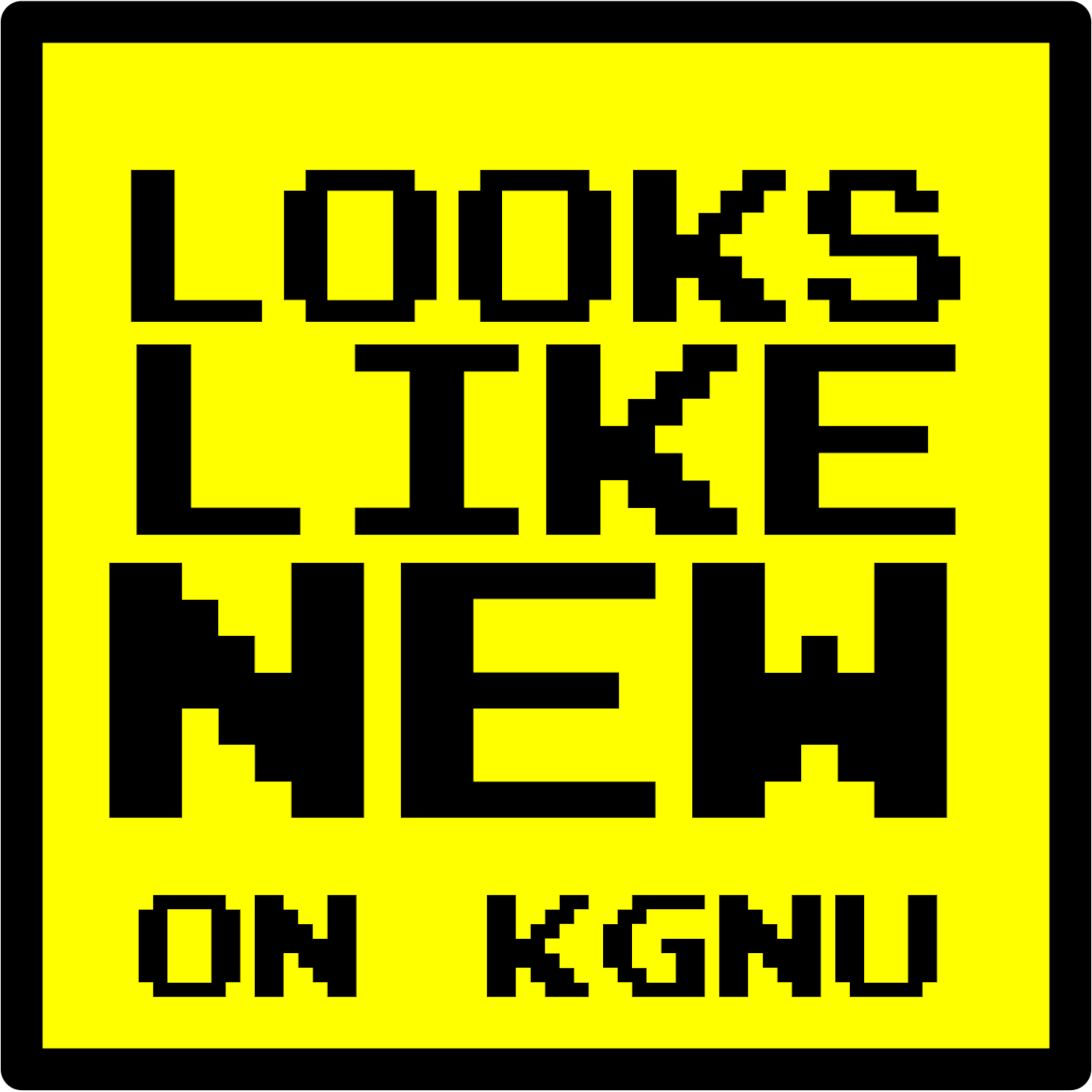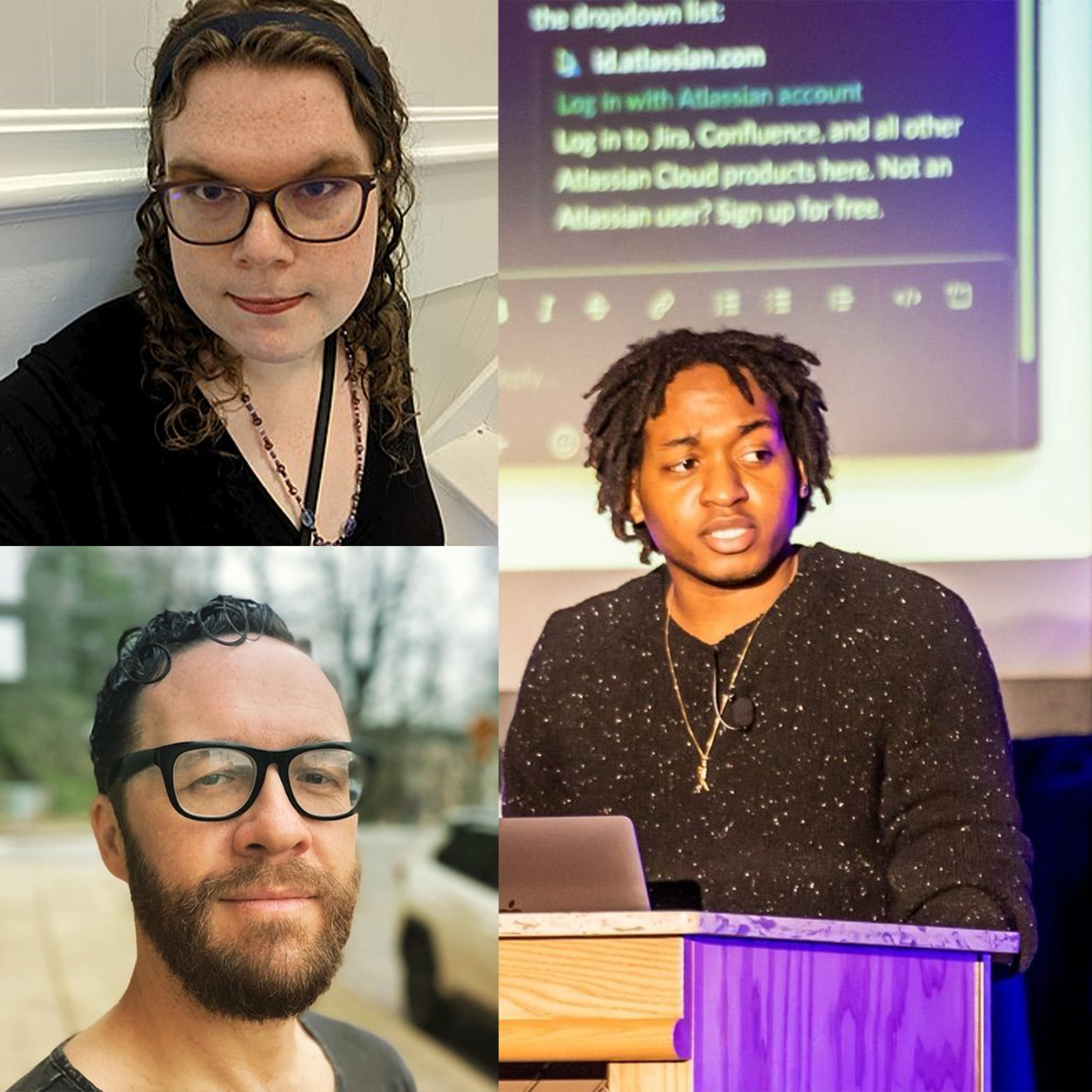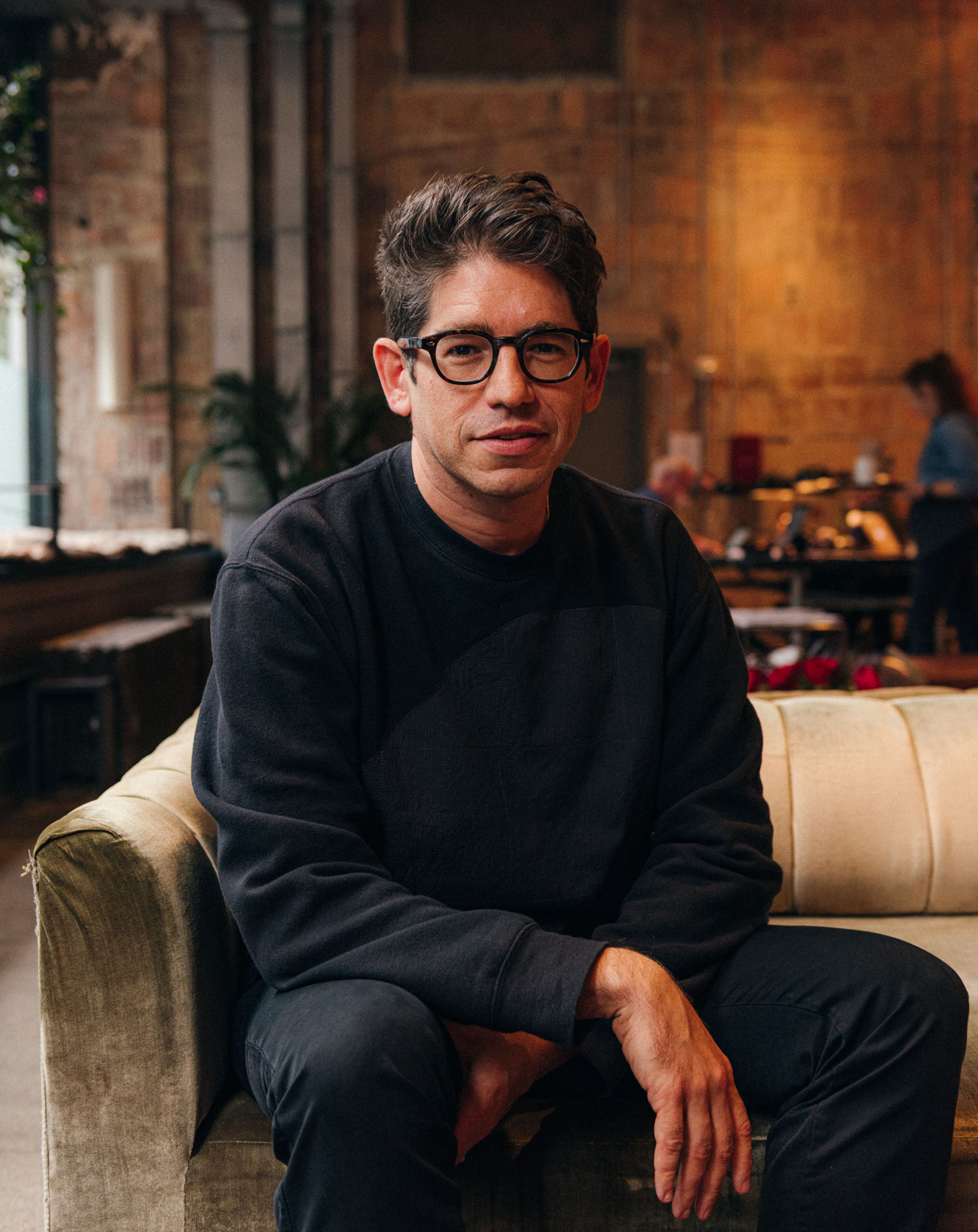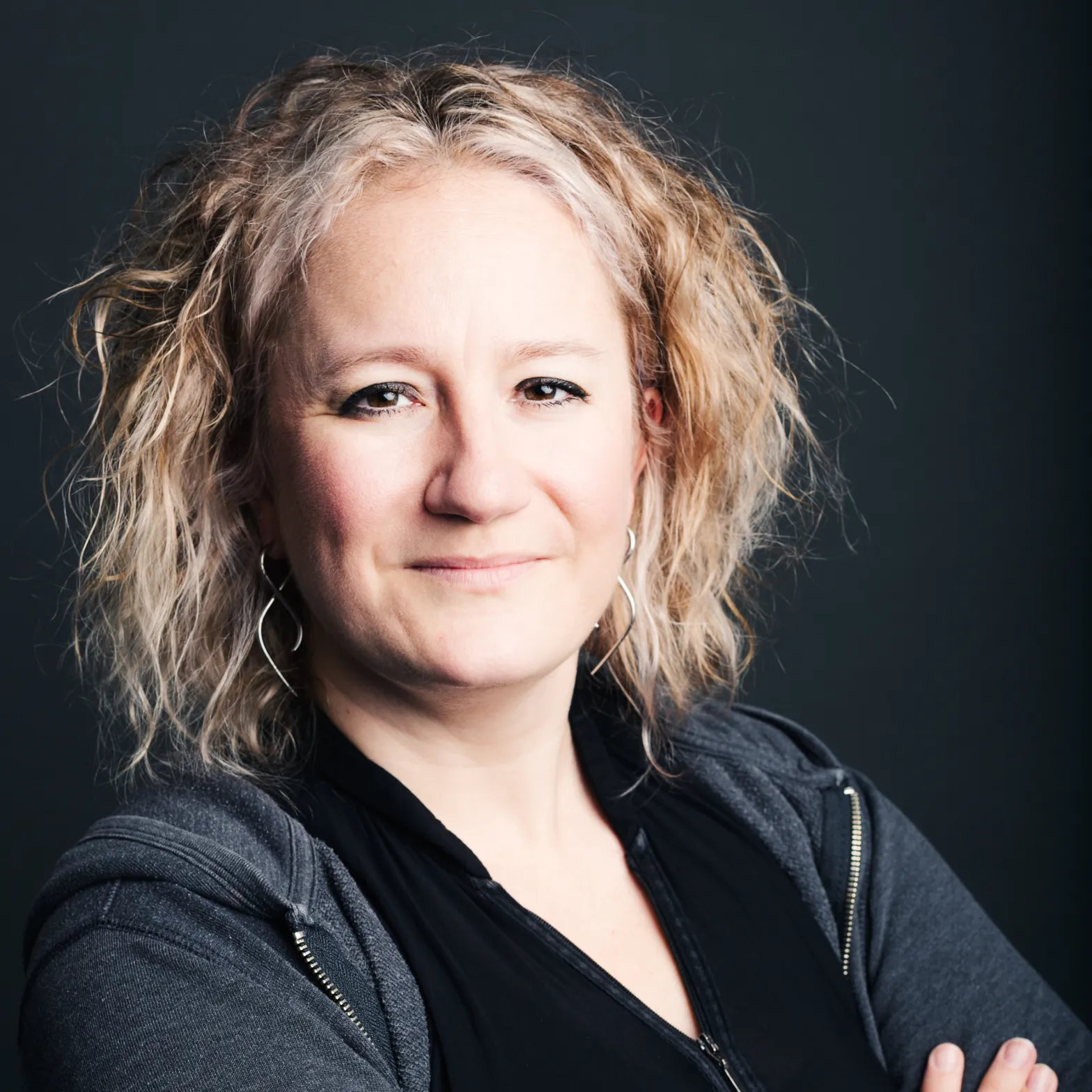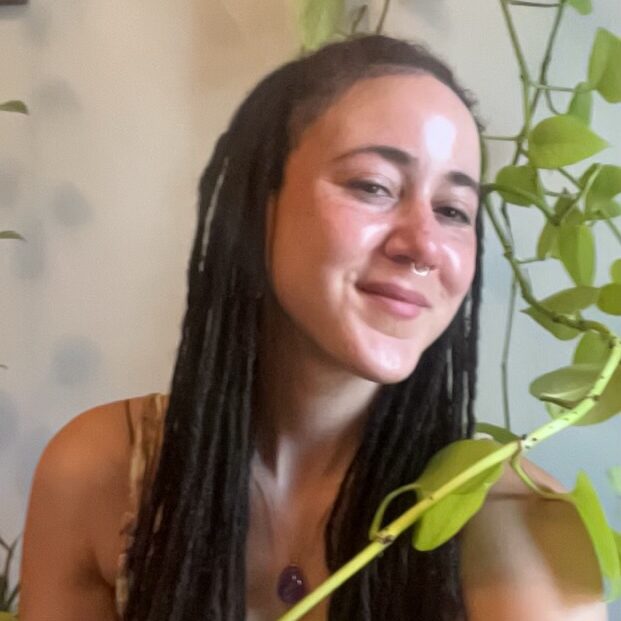The show that asks old questions about new technology.
-
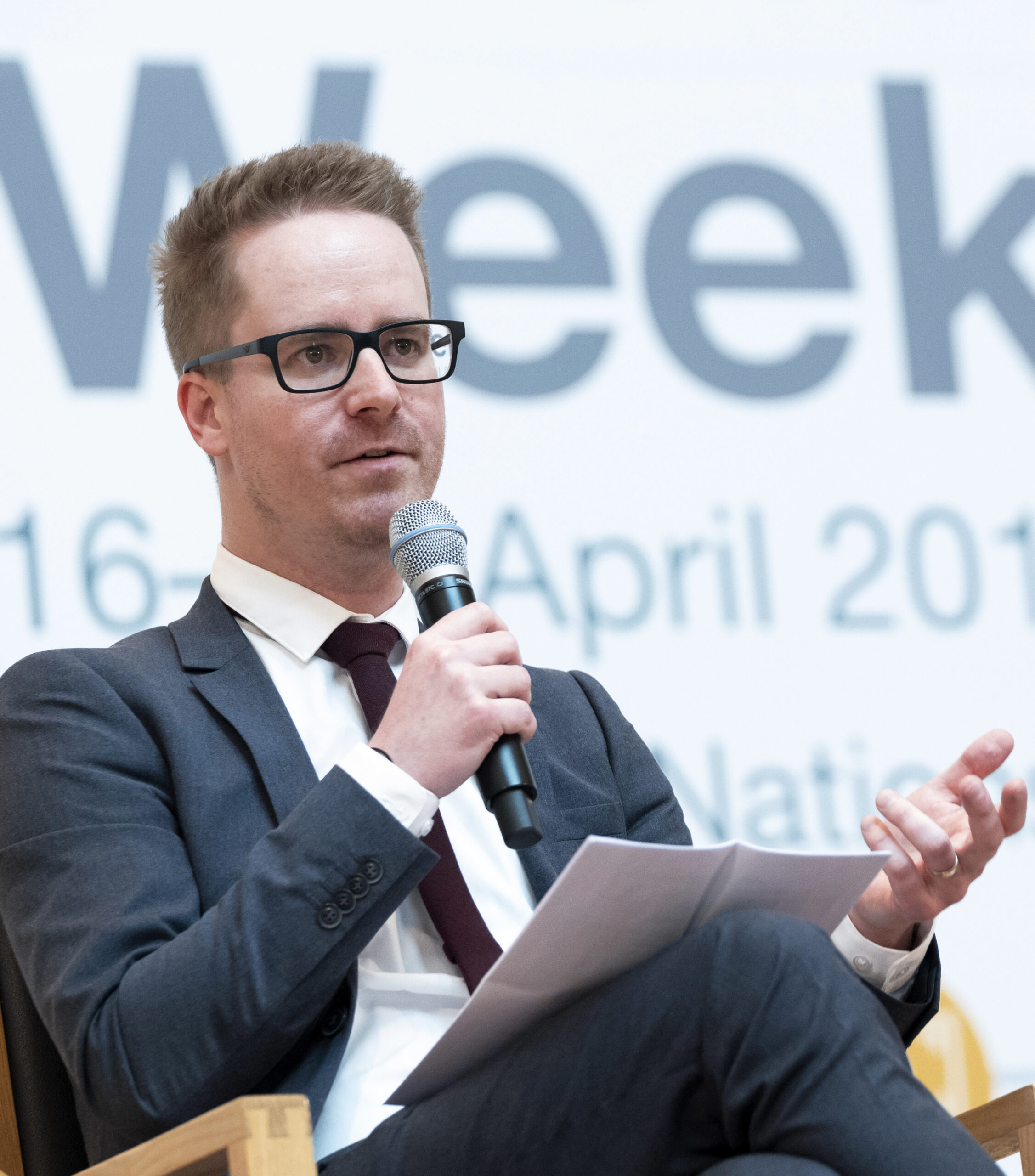
what is the future of digital capitalism?
In this episode of Looks Like New, MEDLab’s Kadallah Burrowes sits down with political economist Nick Srnicek to examine the rise of platform capitalism and the forces shaping today’s digital economy. The conversation moves beyond technological hype to focus on labor, automation, and political possibility. Rather than framing automation as a simple story of job…
-
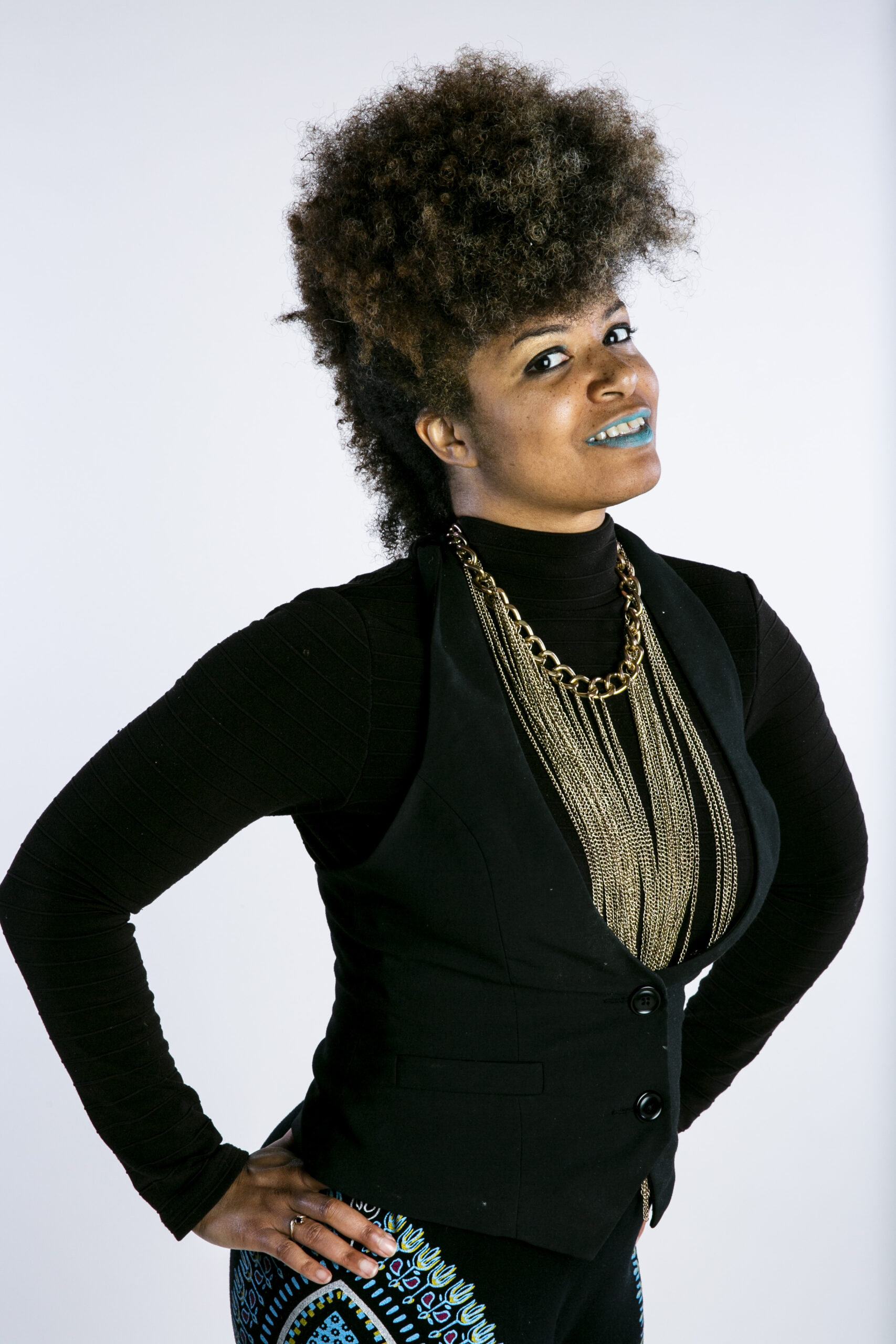
What can ancient cosmologies teach the future?
Recently on Looks Like New, host Kadallah Burrowes is joined by Ytasha Womack, an author, filmmaker, and independent scholar whose work has been foundational to how we understand Afrofuturism as both a cultural movement and a philosophical practice. Best known for Afrofuturism: The World of Black Sci-Fi and Fantasy Culture, Womack has spent decades exploring…
-
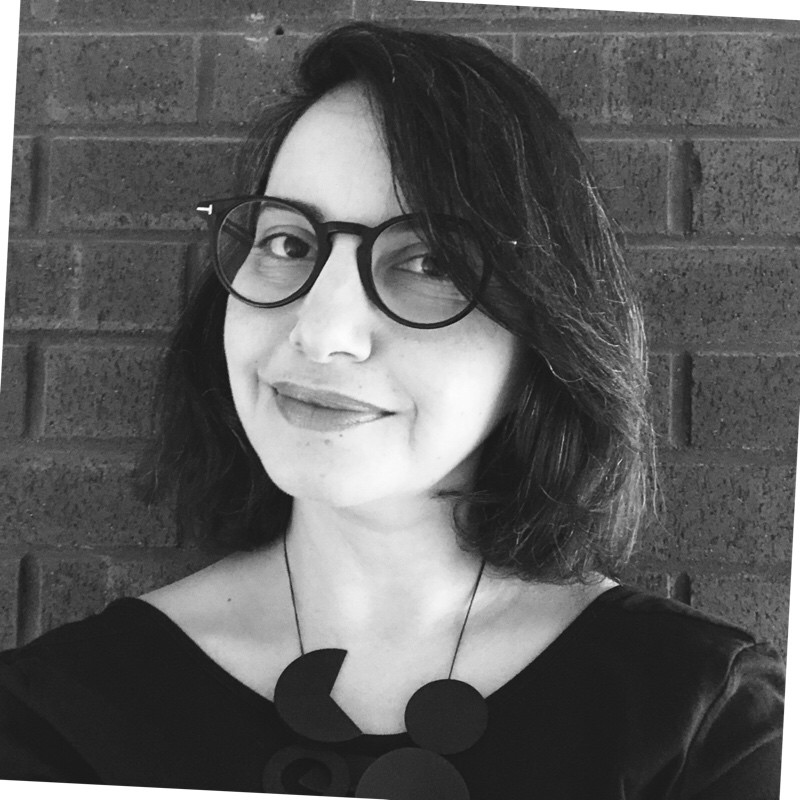
What is the future of the sacred space in a digital world?
On this month’s episode of Looks Like New, MEDLab’s Stephanie Abdalla speaks with Dr. Nesrine Mansour about rethinking architecture in the age of digital media and artificial intelligence. Their conversation explores how sacred spaces are being reimagined amid rapid technological change, alongside broader questions of authorship, agency, and bias in architectural imagination. They also discuss…
-
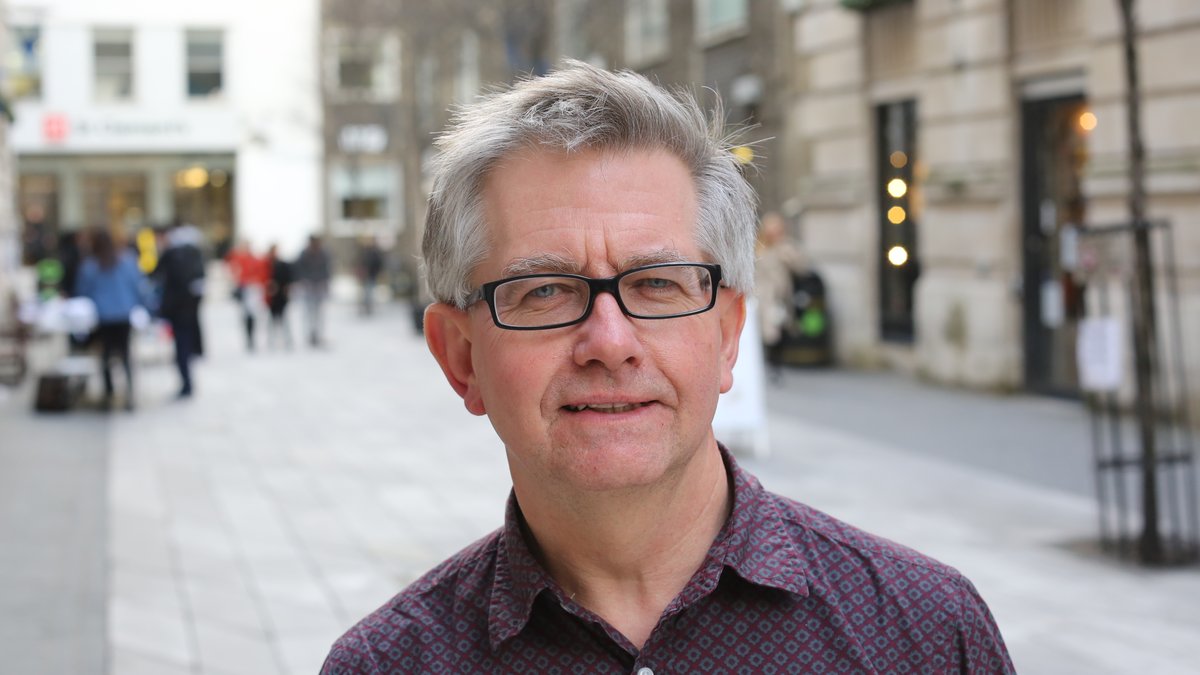
How has colonialism evolved under big tech?
In this month’s episode, MEDLab’s Stephanie Abdalla interviews Dr. Nick Couldry about the intricate relationship between media, power, and societal structures. Their conversation touches on data colonialism, the importance of building solidarities within and beyond academia, and the need to analyze emerging technologies through a critical lens. Dr. Couldry is Professor Emeritus of Media, Communications…
-
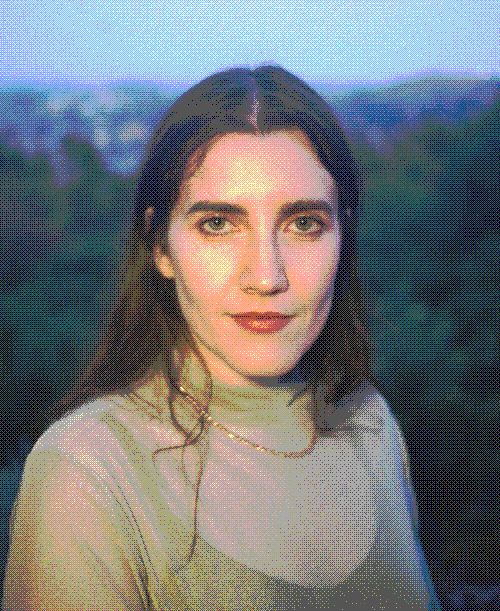
What stories do our machines tell and what do they remember?
In this month’s episode of Looks Like New, hosted by MEDLab’s associate director Júlia Martins Rodrigues, we speak with Camila Galaz, an interdisciplinary artist, editor, and researcher whose work explores the intersections of technology, memory, and historical storytelling. Galaz is the founder of Structured Knowledge, a nonfiction narrative consultancy helping creatives and thinkers translate complex…
-
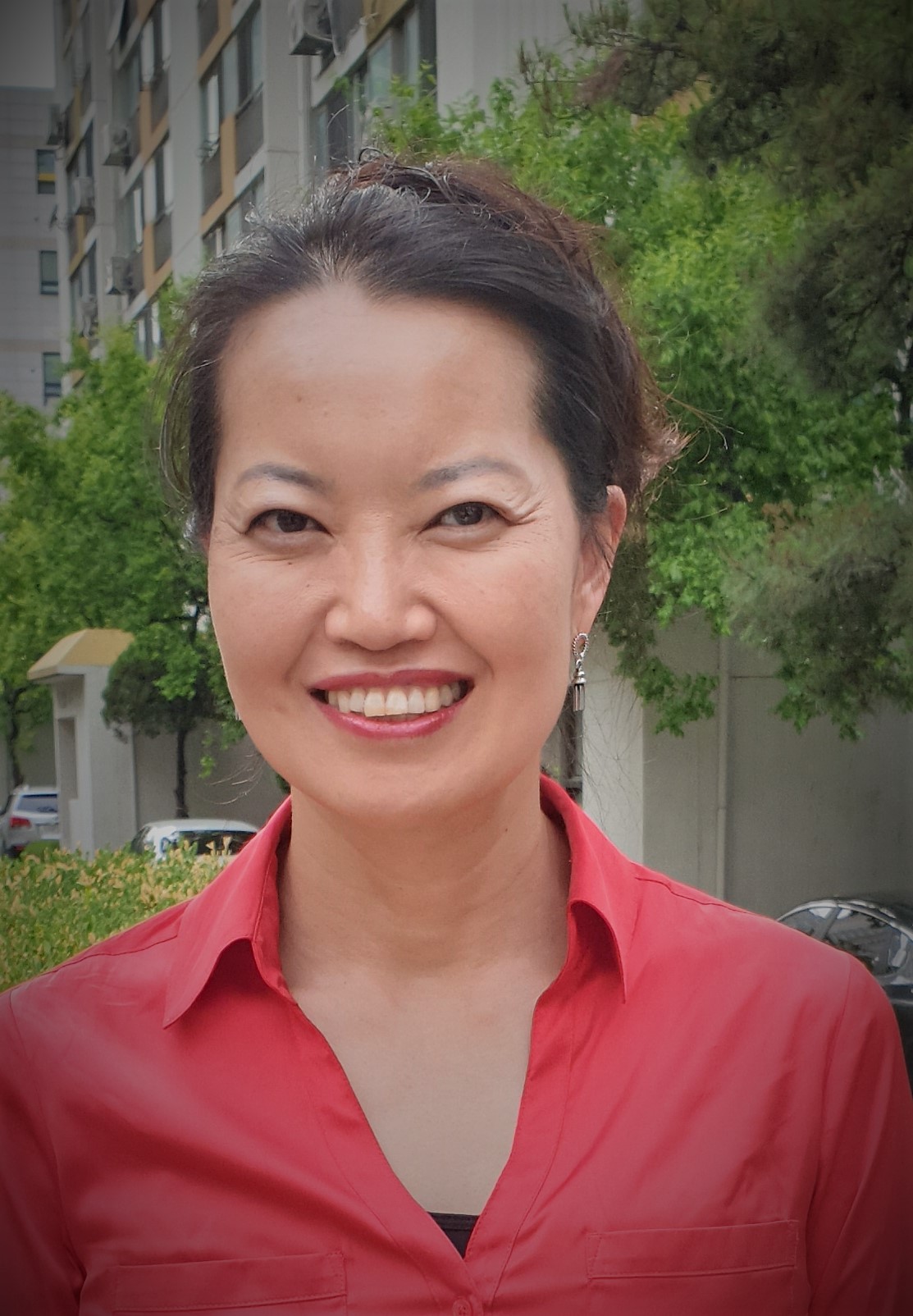
Who will own the future of gig work?
Who will own the future of gig work? In this month’s episode of Looks Like New, MEDlab Associate Director Júlia Martins speaks with Minsun Ji, Executive Director of the Rocky Mountain Employee Ownership Center, about empowering workers to reclaim control over their economic futures. Minsun and her team are pioneering efforts to democratize work ownership,…
-

How are video games rewriting narratives?
In this episode of Looks Like New, host Júlia Martins Rodrigues speaks with Warren Liu, a Media Studies doctoral student. Liu examines how video games shape culture—both by reflecting colonial legacies and by offering space to challenge them. Their conversation explores how games can spark decolonial thinking and open new paths for cultural exchange. From…
-

Who gets to belong in the digital future?
Who gets to participate in society—and how do we build systems that serve everyone, not just the privileged few? In this episode of Looks Like New, MEDLab’s Júlia Martins Rodrigues speaks with Dr. Nicol Turner Lee, a leading expert at the intersection of technology and social justice, about what happens when entire communities are left…
-
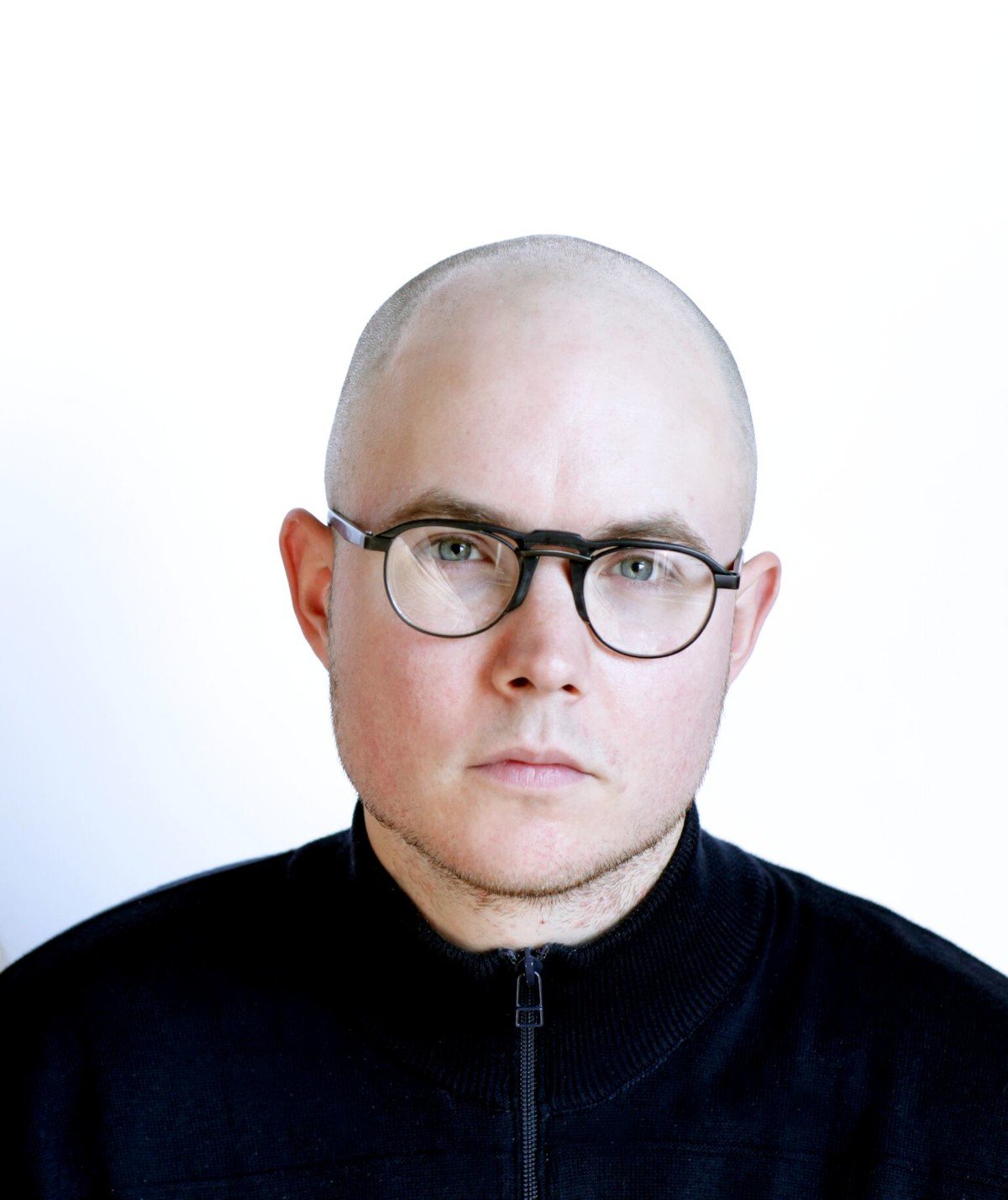
Are you being trained?
AI is advancing at lightning speed—so fast that questions of ownership and data use often get left behind. What control do we really have over our data in these massive language models? And how can we rethink governance for AI? On this episode of Looks Like New, MEDLab fellow Andy DiLallo speaks with Berlin-based artist,…
-

Is anything new in influencer marketing?
It’s easy to look at today’s pop culture and advertising and feel nostalgic for earlier generations—but were those eras really so different? What trends have remained consistent throughout our history? In this month’s episode of Looks Like New, hosted by MEDlab’s associate director Júlia Martins Rodrigues, we hear from Art Bamford, Ph.D., lecturer in Media…
-

Are our health apps negatively impacting us?
In the digital age, it’s hard to resist free conveniences—but are they really free? So much of our data is constantly being bought and sold without our knowledge, making it crucial to find safe alternatives to keep our private information truly private. On this month’s episode of Looks Like New, hosted by MEDlab fellow Stephanie…
-

How is open-source software like magic?
Writing code can be like casting a spell: magic words, written in a special language, bring new worlds into existence. But spells can have consequences. Who is responsible for how technology impacts society? This month on Looks Like New, MEDlab research fellow Adina Glickstein talked to Coraline Ada Ehmke. Who is dedicated to helping technologists…
-

How has racism held back economic democracy?
How connected is the struggle for racial justice and the fight for a democratic economy? How has racism hindered the fight, and how can activists work together for a better future on both fronts? This month on, Looks Like New, MEDlab director Nathan Schneider hosted a group conversation of 100+ guests to understand these questions.…
-
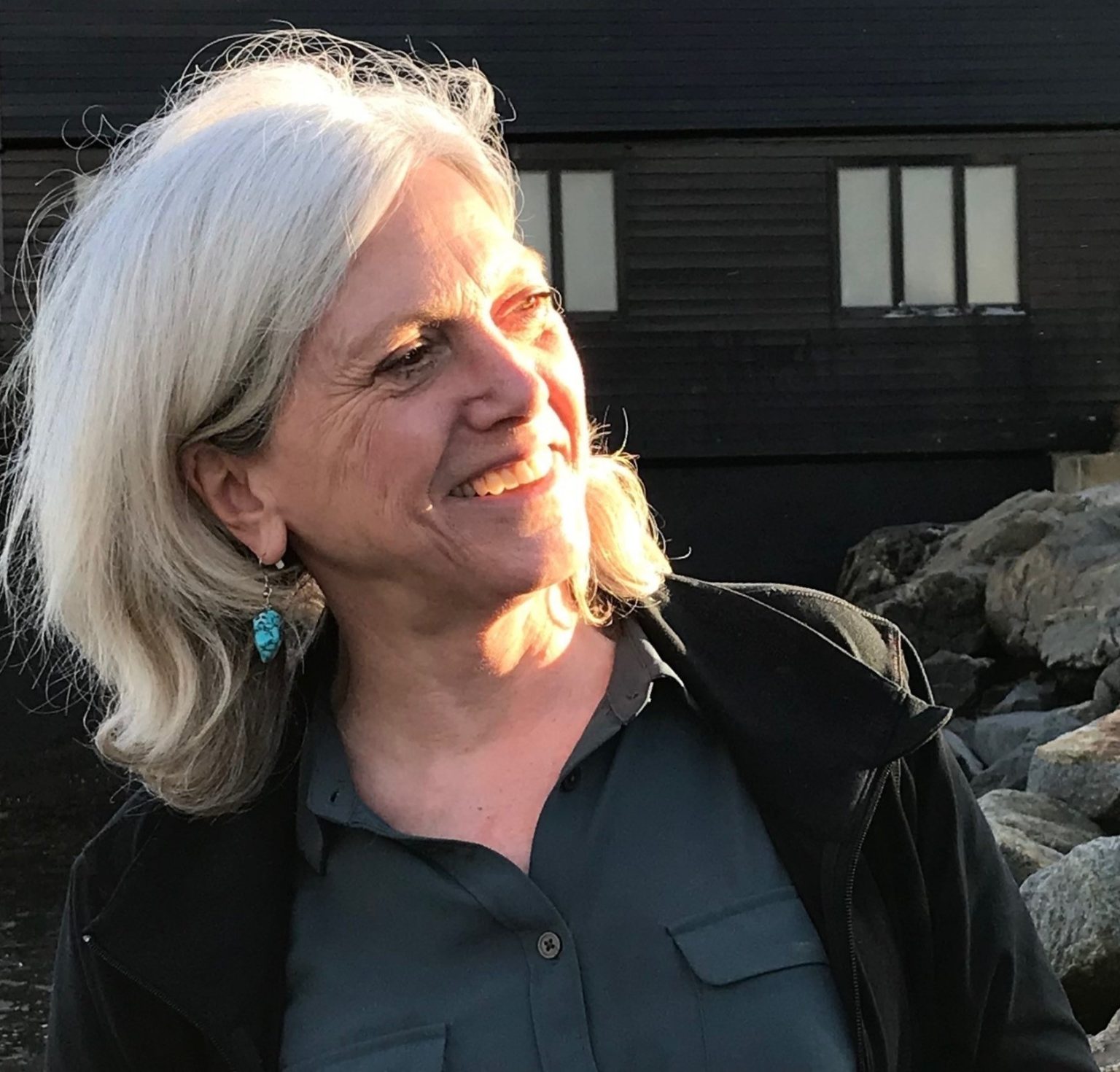
Where did our economic system go wrong?
Every one of us has felt the impact of the shortcomings within our current economic system. Where did this system go wrong? More importantly, what can we do to make it right? To answer these questions we spoke to Marjorie Kelly, a Distinguished Senior Fellow with the Democracy Collaborative, author of The Making of a…
-
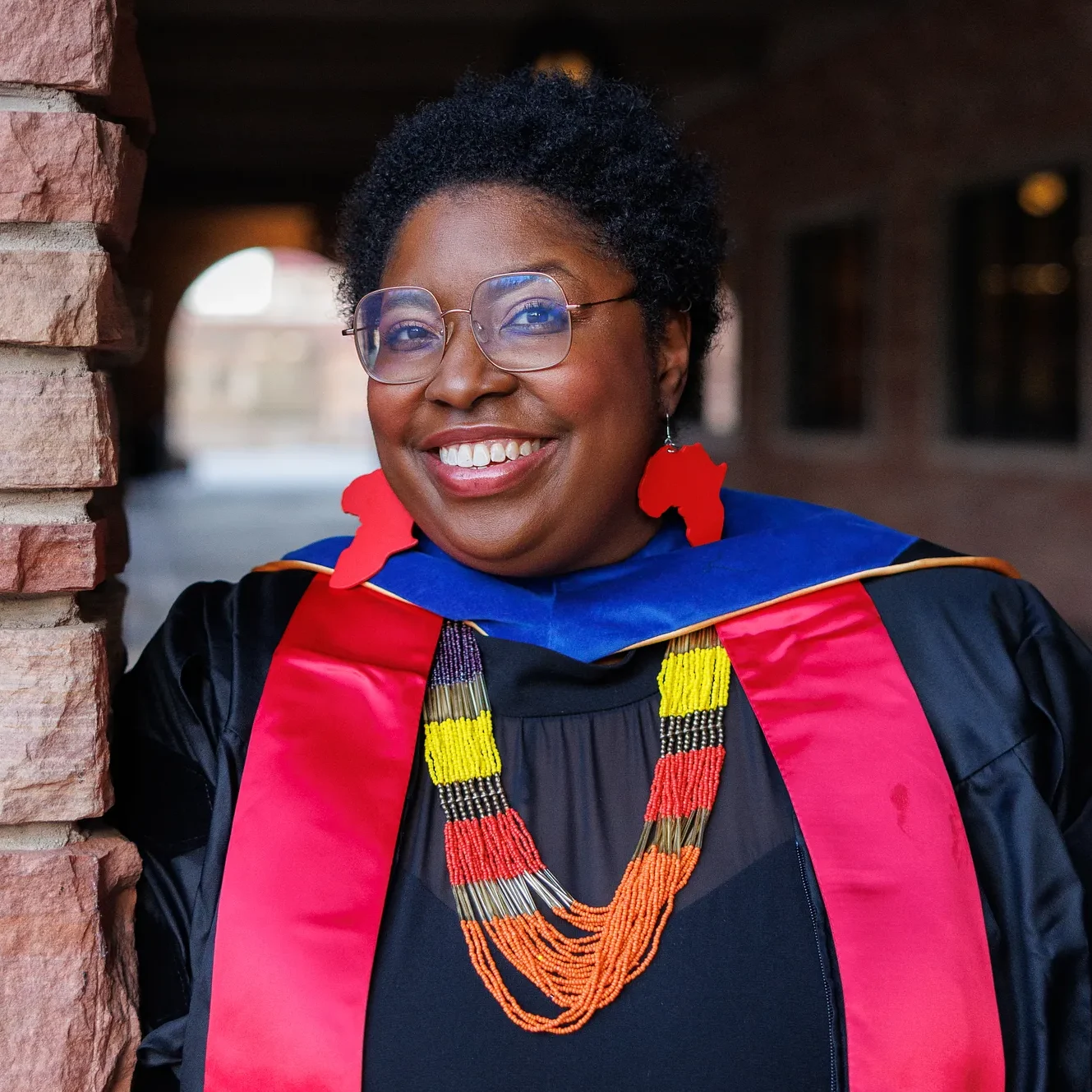
Can technology help us obtain a brighter future?
This month we interviewed Dr. Shamika Klassen, a User Interface Scientist and recent graduate of C.U. Boulder’s Department of Information Science. Dr. Klassen is interested in creating technologies that put humans first, particularly those who are traditionally marginalized. On this episode, Dr. Klassen discusses with us her how she arrived at her dissertation research topic…
-
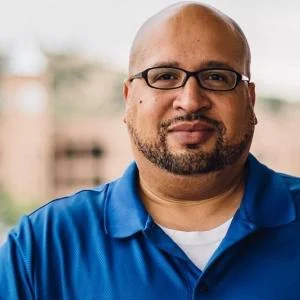
How can technology effectively relay academic knowledge to mass audiences?
Dr. Christopher Bell is a culture consultant at Skydance, Disney, and Pixar as well as a Associate Professor of Media Studies at C.U. Boulder, “Harry Potter” scholar, and all around nerd. His TED Talk, “Bring on the female superheroes,” asked where were all the strong women in modern media? And where were all the toys,…
-
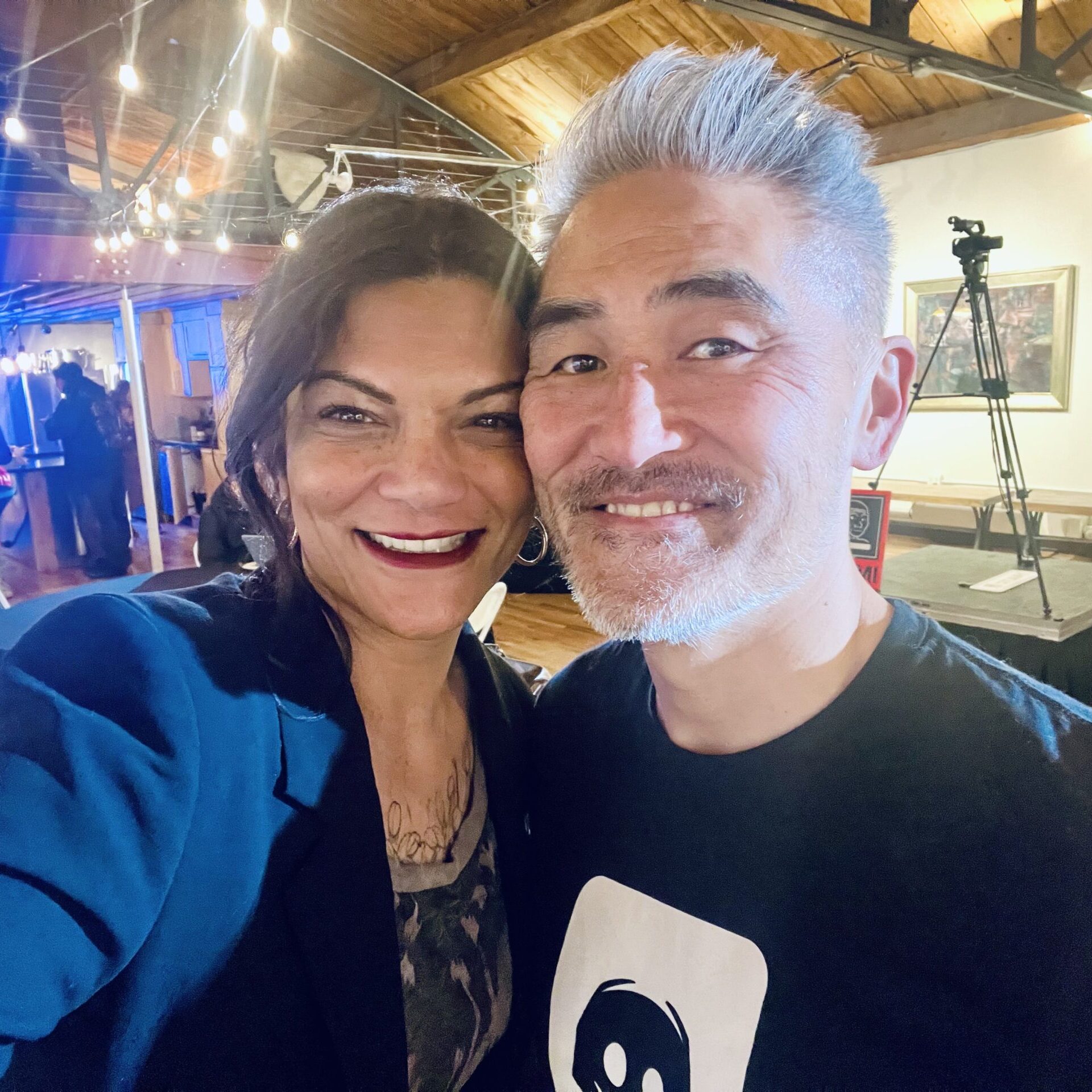
How do you give a technology to its community?
Online technologies have often taken on a life of their own when a community forms around them. Users put their tools to use in ways the designers never expected. What would it mean to truly hand ownership and control of tools to the people who rely on them most? This month, we turn to Anjali…
-
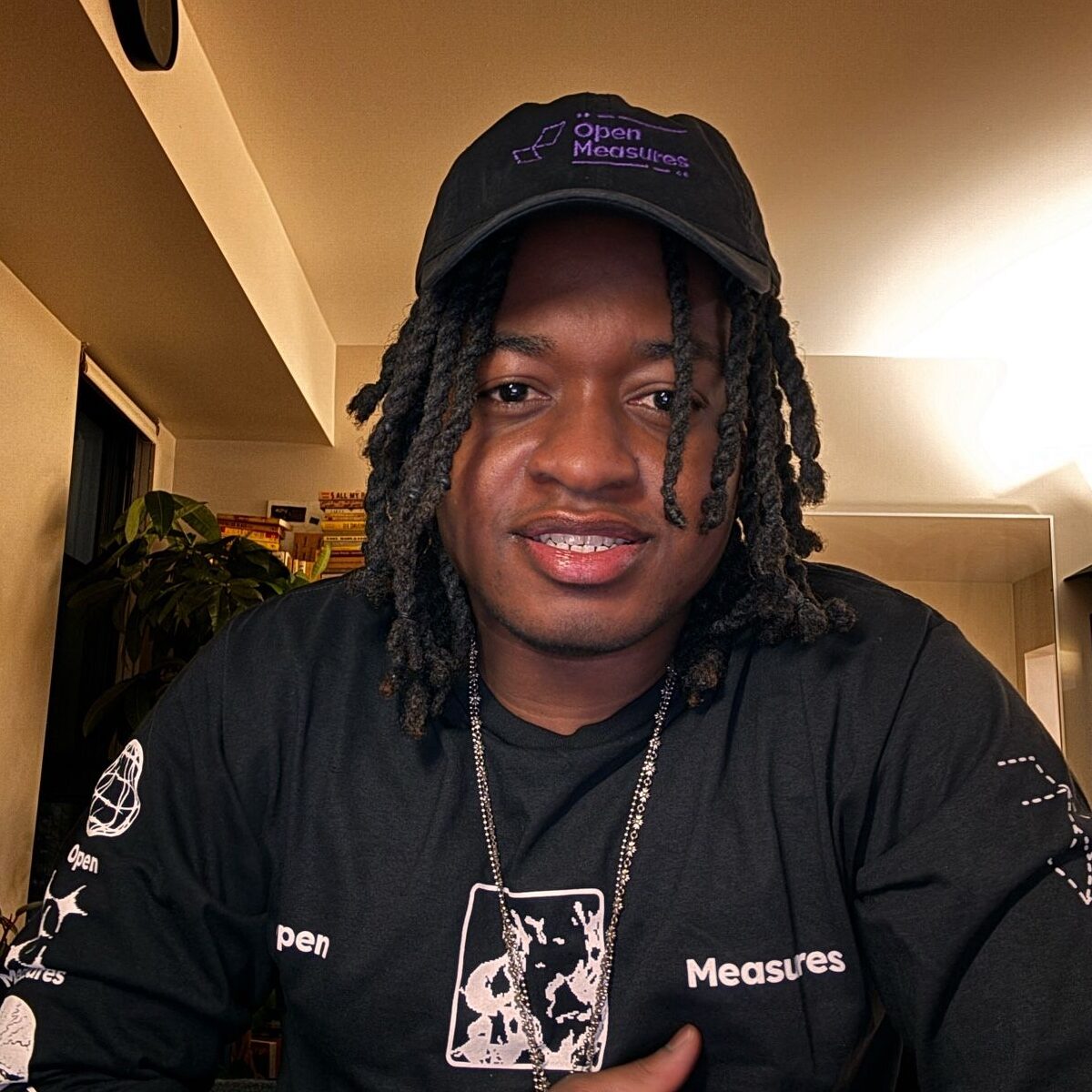
What comes after social media?
A new kind of social media is emerging that is open, interoperable, and not controlled by any one company. One iteration of it is called Bluesky. Bluesky lets you follow feeds specific to your interests, and each feed is created, curated, and run by individuals or groups. Rather than relying on corporate engineers, this is…
-
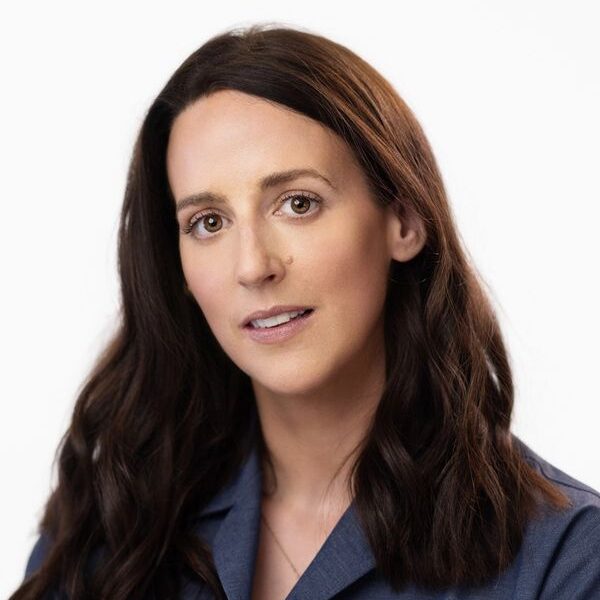
What exactly are tokens, anyway?
Rachel O’Dwyer is a writer and researcher whose work looks at digital economies and culture. Her writing touches on online transactions, art markets, programmable money, and alternative currencies. Rachel’s work probes the social and political landscapes that these technologies bring into being. She serves as a lecturer in digital cultures at the National College of…
-
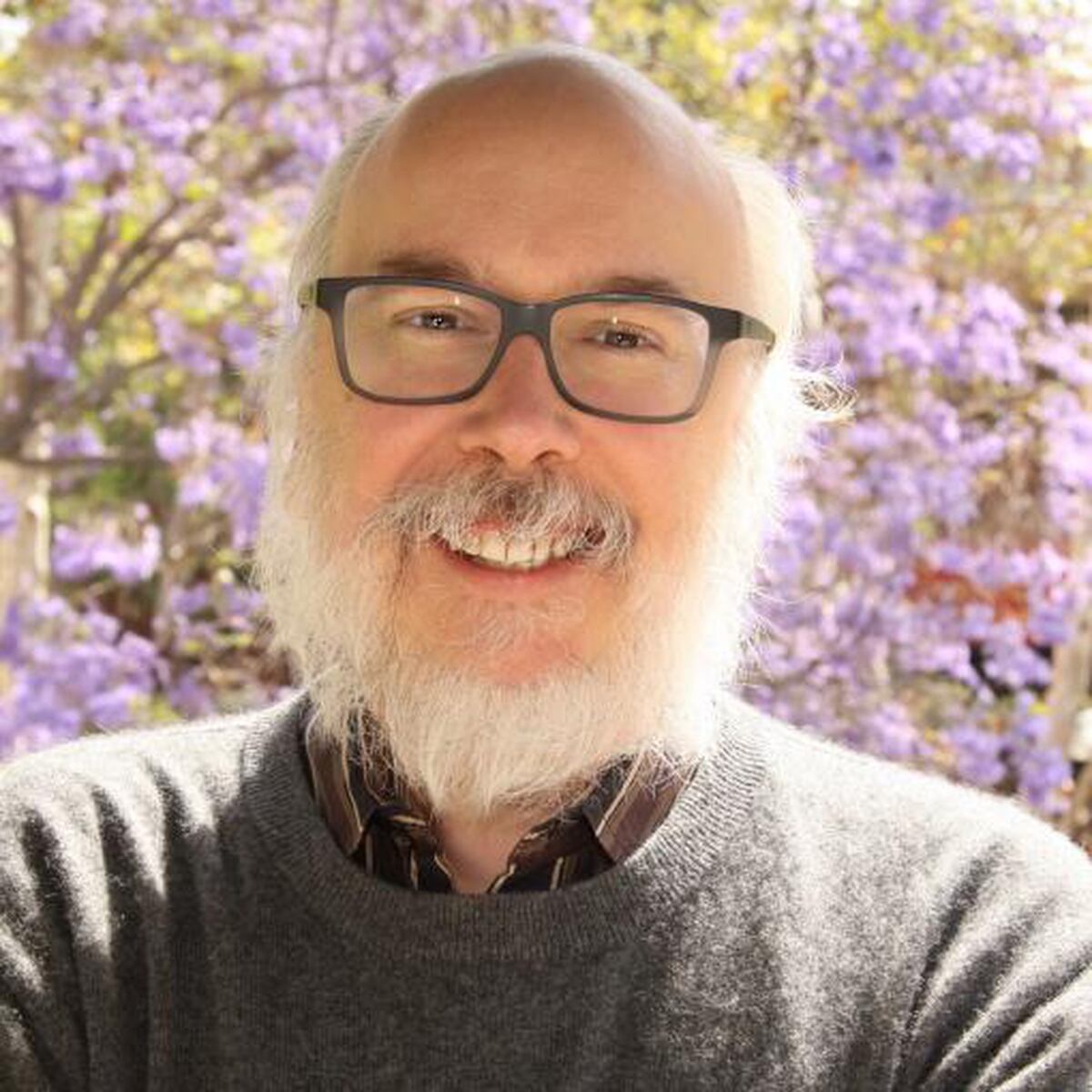
Is there space for generative AI in participatory culture?
On this episode, we host Dr. Henry Jenkins, an esteemed scholar of fan studies, participatory culture, and transmedia. As the director of the MIT Comparative Media Studies Program and the author of influential works such as “Textual Poachers,” Dr. Jenkins explored how audiences actively engage in shaping and reshaping media content. He was the principal…
-
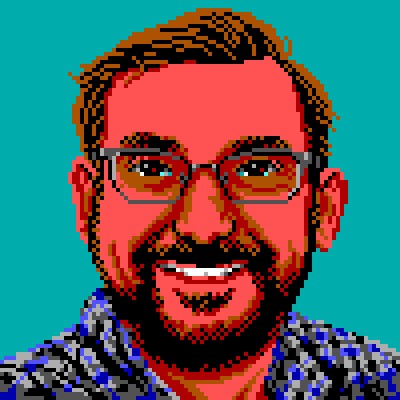
What is the new language of AI?
This month we welcome Benjamin Edwards, AI and Machine Learning Reporter for Ars Technica. He specializes in computer and video game history, has been covering the world of AI technology for over 16 years for publications such as The Atlantic, Wired, PC World, Macworld, Ars Techinca, 1UP, and Game Developer Magazine. Benj also runs Vintage…
-
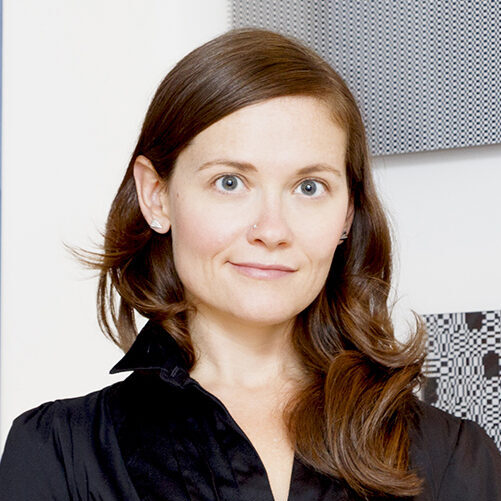
Can blockchain offer artists and galleries a way to work together?
With the rise of NFTs, blockchain and cryptocurrency took the art world by storm. But often, this meant doubling down on art’s status as a financial asset. However, this technology could have a place in the art world beyond the speculative churn of NFT markets. How can blockchain help build an ecosystem where artists and…
-
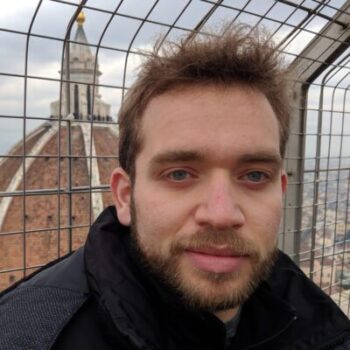
Who is keeping an eye on AI?
As AI systems become more widespread, it is becoming all the more important to know we can trust them. This month, Rohit Taware interviews Co-Founder and Chief Scientist of CalypsoAI, Victor Ardulov. Victor created the technical roadmap, and managed a team of applied scientists, to build a unique software that is being used to check…
-
What difference will quantum computing make?
At a time when many people are focused on recent advances in artificial intelligence, another transformative technology is quietly emerging to reshape our future: quantum computing. The people working toward this radical shift imagine a world where quantum computing revolutionizes drug discovery, financial strategies, and various global challenges. This episode explores the mind-bending possibilities of…
-
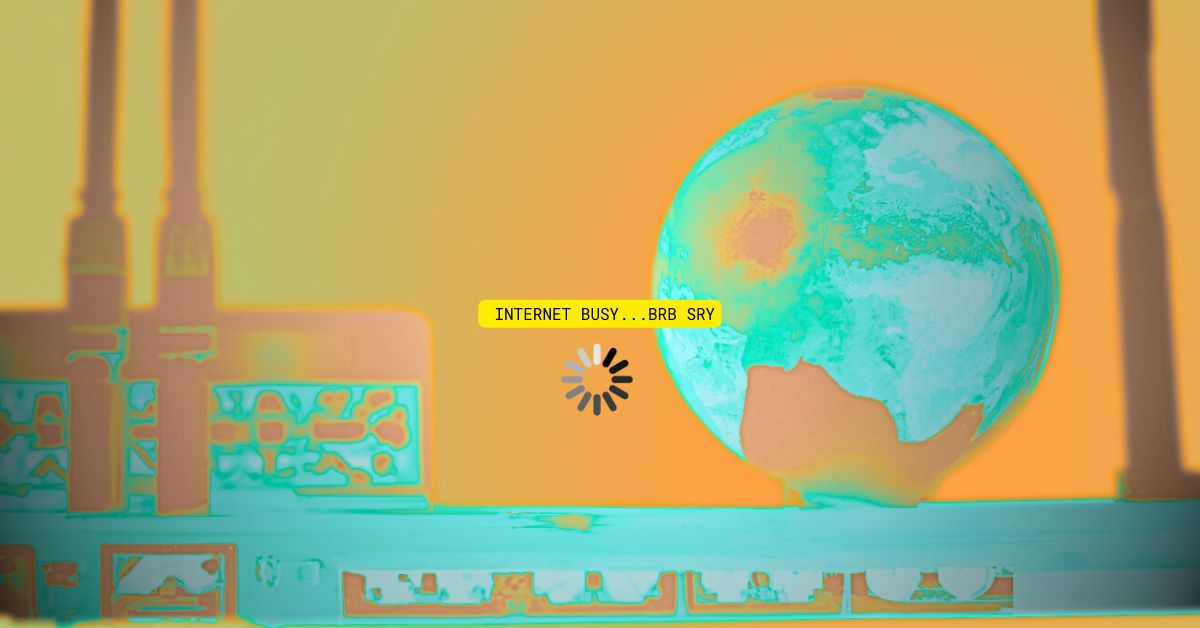
How does broadband policy affect our Internet access?
IMAGE BY Alexis Kenyon via DALL-E Many of us assume everyone has access to the Internet. In light of the last few years of global pandemic, however, we observed headlines about the unconnected and the issues that were created in social, work, and educational daily experiences. Why are some Americans, especially in the rural Midwest…
-
How is crypto taking hold in India?
Being an entrepreneur in the international cryptocurrency market involves numerous challenges—from government regulations to cultural context. These challenges play out very differently around the world. The conversation revolves around cryptocurrency in India, web3 entrepreneurship, and cryptocurrency technology-based arcades for gamers. Nikita Menon speaks with Siddharth Menon, a founder of various startups including Tegro, WazirX, and…
-
Are blockchain developers creating the new internet?
Blockchain was created to build democratic systems but more often than not we see stories of scams, frauds and attacks. Despite these allegations, there are a few builders who continue to work towards improving this technology; builders who wish to see a democratic internet being enabled by the blockchain. Hari Anantharaman speaks with Austin Griffith…
-

Will ChatGPT really change everything?
ChatGPT, short for “Conversational Generative Pre-training Transformer,” is an advanced language model developed by OpenAI that can understand and generate natural language with a high degree of accuracy. It has been a hot topic lately, for contexts in education and industry. This technology is capable of tasks such as language translation, question answering, and text…
-
Can blockchain technology support mutual aid?
Cryptocurrency has been in the news this past month after a cascade of bankruptcies unraveled a web of fraud. This comes after a year of already declining markets recast the 2021 crypto boom in a dark light. However, the headlines usually stick to flashy financial projects with big bottom lines.James Brennan speaks with Marisa Rando…
-
What is artificial intelligence capable of?
Many of us may not realize that artificial intelligence, or AI systems, are increasingly being used to make decisions that affect your everyday life, from insurance to hiring. While AI has been a popular buzzword over the last few years, it is worth asking what it is and even more, what it is actually capable…
-
Can a small newsroom survive the attention economy?
With the journalism industry dwindling across the country, journalists formed the Colorado Sun as a beacon of hope. The Colorado Sun is a small but mighty digital news source for the state of Colorado. It is a Public Benefit Corporation making it first and foremost dedicated to serving the Colorado public, and setting it apart…
-
What Comes After Democracy?
Democracy seems to be in crisis around the world. Aspiring dictators are on the rise in many countries, and the flows of information are under the control of often-unaccountable tech companies. Could democracy be on its way out? This month, we hear from one of the most celebrated scholars of politics and media working today,…
-
Can Blockchains Stop War Crimes?
These days it seems like cryptocurrencies and blockchains are mostly enabling abuses: speculative bubbles, malware attacks, and money laundering for rogue states. But could the same technology also hold powerful governments and corporations accountable? Jonathan Dotan directs the Starling Lab at Stanford University and USC, which uses emerging cryptographic technology to document human rights abuses,…
-
How real are esports?
Competitive entertainment has always been an essential part of human culture. Traditionally, sports have been the preferred form of competition, however, in a modern age of mass globalization through connection, a new form of entertainment has taken the stage: esports. With online communities of millions spread across the world, esports has been rapidly expanding and…
-
What should we decolonize?
News headlines have been full of debates about Critical Race Theory (CRT), books and topics being banned in schools, and calls to remove statues of colonizers around the world. More recently, universities and governments have done work in land acknowledgements or renaming places locally under the banner of “decolonizing.” But what does decolonizing really mean,…
-
Can algorithms be fair?
If you’ve noticed your social media platforms and web searches are giving you personalized results or advertisements, you might be curious about how or why this happens. This is the work of algorithms—the programming that computers use to take raw data and do something with it. While algorithms might be used as a type of…
-
What can the Internet learn from the past?
When we design the future, we rely on history, whether we like it or not. In December 2021, the MEDLab and the United Nations Internet Governance Forum launched a virtual art exhibition called “Excavations: Governance Archaeology for the Future of the Internet.” This online exhibition is an interdisciplinary, artistic experience interrogating narratives of the past…
-
What has happened to Lebanon?
News from the Arab world tends to come to us in the United States in the form of dramatic spectacle that oversimplifies complex situations. Lebanon is no exception—most recently, the site of a deadly explosion and a political crisis. What are we missing when we see only images of spectacle? This month we hear from…
-
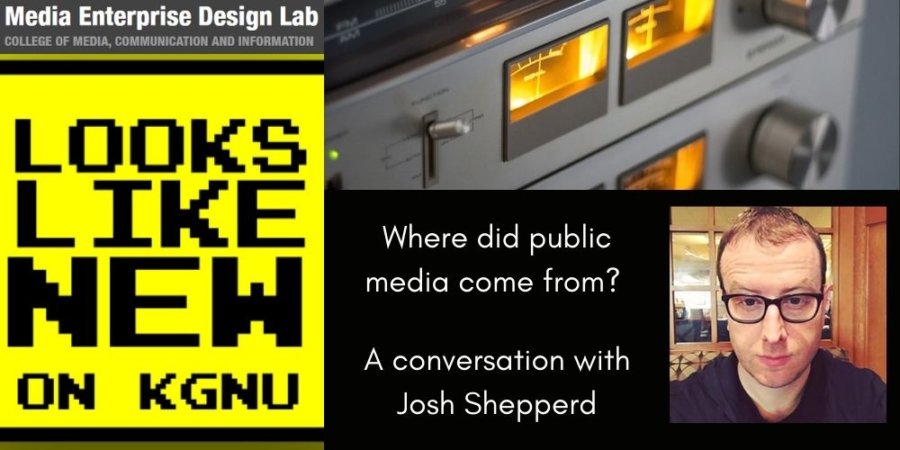
Where did public media come from?
Long before our present day audio boom, public broadcasting in the United States flourished. Radio, a powerful way to connect people, underwent many transformations and federal regulatory shifts that impacted what it became. Where did public media come from? We explore these origins in the early 1900s with Dr. Josh Shepperd, assistant professor of Media…
-
What happens when we wear our tech?
You have likely heard of or used FitBit, Apple Smartwatches, GoPros or other devices we affix to our bodies each day. Despite the rapid development of wearable technologies in the last few decades, this conversation explores how they might not be as new as they might seem. Dr. James Gilmore explains the benefits, costs, and…
-
Tensions in the Archive: Rediscovering The Non Aligned Movement with Mila Turajlić
How did the Global South once inscribe its battle for liberation into media archives and how does accessing and viewing this material change through time, location and context? What lessons can the mediated image learn in counteracting the digital divide today? This month we are discussing archival footage documenting the Non-Aligned Movement, through images of…
-
How Are 24 Colorado Newspapers Staying Locally Owned?
After years of shedding reporters and newsrooms, Colorado is home to a new experiment in sustainable journalism. In early May, the National Trust for Local News announced it was acquiring Colorado Community Media, a network of 24 newspapers in the Denver Metro area, via the Colorado News Conservancy, a new public benefit corporation. The Colorado…
-
Mutualist infrastructure: A conversation with Sara Horowitz
As the US federal government considers once-in-a-generation investments in infrastructure, is it possible to also enable a new commitment to a democratic economy? Sara Horowitz is the founder of the Freelancers Union and author of the new book Mutualism, which presents a powerful vision for “building the next economy from the ground up. In this…
-
Why Do We Turn to the Internet for Support?
In the last year, many of us have relied on the Internet even more than before. As we process life’s individual and collective trauma, do we turn to digital spaces for support and healing? If so, why? This month, we had a conversation with Dr. Samira Rajabi who unpacked her personal experiences and research on…
-
What Is the Internet Doing to the Environment?
Most of us use the Internet each day with our smartphones and devices. But too rarely do we consider how our connections are possible. How does the Internet work? What environmental toll does the Internet have? Our guest this month, Hunter Vaughan, discusses his background and work with asking these questions and current efforts to…
-
What Is a Black Media Philosophy?
A lot of us are thinking about the legacies of racism these days, and about a media ecosystem that seems to hinder any hope of progress. But too rarely do we think about race and media together. Who gets to be the heroes of the digital age? Whose bodies become a kind of media? Our…
-
Can Software Handle Ethics?
Free and open-source software is a kind of miracle. It’s community-created technology, a commons that anyone can contribute to and use. But those communities are not always the utopias they’re made out to be. Many have been havens for exclusionary cultures, and their tools have been used to perpetrate human-rights abuses. Coraline Ada Ehmke is…
-
Can artists control their own business?
Art has often been the vanguard of new tech. It was through art that many people got interested in the Internet to begin with, or became willing to pay for subscription services. But too often, large corporations take advantage of business models that artists work to create. What if artists owned and governed their own…
-
Does News Need New Tech?
Brick House is a new news organization that calls itself “the wolf-proof media cooperative.” It has emerged in part out of a failed experiment, Civil, which sought to use Bitcoin-like blockchain technology to shore up the ailing news business. Brick House’s founder, the veteran journalist and entrepreneur Maria Bustillos, explains why she thinks a simpler,…
-
Should we all have a Great Firewall?
This month, President Donald Trump has threatened to ban the Chinese-owned platforms TickTock and WeChat. This comes after years of China banning major US platforms like Google and Facebook, and securing the purchase of Uber’s Chinese business by a Chinese company. Chinese tech activists Katt Gu and Suji Yan speak with us about how this…
-
How do you invent the future?
Activist Adrienne Maree brown writes that the work of social change requires “science fictional behavior”— which is surely all the more true in the context of a global pandemic. To help us think through this crisis, we hear from Cadwell Turnbull, whose critically acclaimed first book, The Lesson, portrays an alien sort-of-invasion centered on his…
-
Which images count as evidence?
We are haunted and mobilized by images. The cellphone video of George Floyd’s death has set cities on fire, elevated Black struggles for justice, and reminded White Americans of violence that their society is organized to blind them to. We hear from Sandra Ristovska, a scholar and filmmaker at the University of Colorado Boulder who…
-
What Makes Tech Inclusive?
Often, discussions about diversity in the tech industry focus on mere representation. But in this discussion from Boulder Startup Week, we take inspiration from the Zebras Unite network, which seeks not just to change representation superficially but to change models of business and culture. We hear from information scientist Shamika Goddard, startup co-founder Corey Kohn,…
-
How can we collaborate at a distance?
How can we collaborate at a distance? The COVID-19 pandemic has many of us rapidly changing how we work—and wondering how many of the changes will stick. To guide us through this process, we hear this month from Natalia Lombardo and Richard D. Bartlett, founders of The Hum, an organization that supports teams with self-organization…
-
What is direct democracy?
Today’s guest is Evan Ravitz, a proponent of direct democracy, who served on the City of Boulder’s Campaign Finance and Elections Working Group. Ravitz has been critical of the City of Boulder’s delays in rolling out a voter approved initiative allowing electronic signatures to be submitted to get an initiative on the ballot.
-
What happened to hacktivism?
The cultures of computer hacking have made their way from marginal subcultures to becoming driving forces in the world as we know it. Facebook’s headquarters is on a street called Hacker Way. A hack of the Democratic National Committee’s emails helped elect the current US president. Free Software produced by volunteer hackers around the world…
-
Who Cares About Privacy?
While digital privacy issues often get a lot of attention and even alarmism, it rarely seems to change behavior. Even if it did, do individual choices really make a difference? Amie Stepanovich is a veteran policy expert and advocate who argues that we need to think about these questions not just as individuals but as…
-
Can Networks Liberate Work?
There is a kind of dream out there that, once we get the gizmos set up just right, work will be transformed. While many speculate about this, Kevin Owocki, founder of the Colorado-based startup Gitcoin, is in the thick of it. Not only is Gitcoin trying to create a new way for software developers to…
-
Can Business Account for Care Work?
This month, Spanish activist Stacco Troncoso and his collaborators released the DisCO Manifesto (disco.coop), which proposes a new model for organizations that account for the care work that supports workers and their communities. In this conversation, he explains how the model works and how it challenges norms, both in familiar workplaces and in techno-utopian visions.…
-
What’s Wrong with Unicorns?
Unicorns are mythical animals. It’s also the name for a mythical idea that drives the tech startup economy. In that context, a unicorn is the rare $1 billion company that makes the whole system of widespread crashing-and-burning seem to work. Is there another way? Mara Zepeda is a co-founder of Zebras Unite, a network that…
-
What’s New With Textiles?
We might not think about textiles as advanced technology, but in fact it was textile looms that helped inspire the designs of the earliest computers. This month we hear from Steven Frost, is an artist and an instructor of Media Studies at the University of Colorado Boulder, who hosts the Colorado Sewing Rebellion at the…
-
What is public-benefit journalism?
The priorities of community journalism have often come into conflict with corporate priorities—something we know well in Colorado. A new publication, the Colorado Sun, has attempted to protect its mission by incorporating as a public benefit corporation. As part of the Sun’s first annual evaluation, co-founder and senior editor Dana Coffield discusses what the Sun…
-
What makes computers happy?
More and more people feel uncomfortable with the role of big tech companies in their everyday lives, but they don’t feel they have any other option. System76 is trying to change that. It’s a Denver-based computer company that produces its own computers, and its own open-source operating system, here in Colorado. Emma Marshall is System76’s…
-
What makes education technology ethical?
Educators today feel pressured to keep up with the latest technology, and big tech companies are eager to turn that pressure into a market for themselves. This week’s guest, Erin Glass, is a digital scholarship librarian at the University of California, San Diego, where she works to develop student-centered, community-driven practices around educational technology. She…
-
Is Information a Public Good?
Longmont, Colorado is considering a new way of funding news—through a proposed library-district tax. This idea builds on a model, the Community Information District, first proposed by Simon Galperin. This month on Looks Like New, Galperin describes his vision for “info districts” as not just a means of funding news but as a pathway toward…
-
What is next for democracy?
We’re in a moment of crisis for democracy around the world. But democracy doesn’t just need defense. Santiago Siri believes it needs a better offense—to evolve in order to address the shortcomings that led to the crisis in the first place. In his native Buenos Aires, he was a founder of Partido de la Red,…
-
What is a human?
This month’s guest is Douglas Rushkoff, one of our most prominent and provocative thinkers on technology and culture. In his latest book, a manifesto called Team Human, Rushkoff calls for mobilizing against the forces seeking to make people subservient to algorithms and other machines we have created.
-
How Can We Self-Organize at Scale?
This month’s guest is Nathalia Scherer of DAOstack who asks How Can We Self-Organize at Scale? Can we create big, ambitious projects without corporations, governments, and bosses? Nathalia Scherer wants to try. Her organization, DAOstack, is using Bitcoin-like blockchain technology to make tools for self-organizing. Last year DAOstack raised $30 million in a 60-second token…
-
What is a Lab?
What Is a Lab? With Lori Emerson of the Media Archaeology Lab CU Boulder’s Media Archaeology Lab is a place where artists, scholars, students, and tinkerers can come to use apparently obsolete computers and other technology. Founding director Lori Emerson, professor of English and Intermedia Art, Writing, and Performance, discusses her lab and the history…
